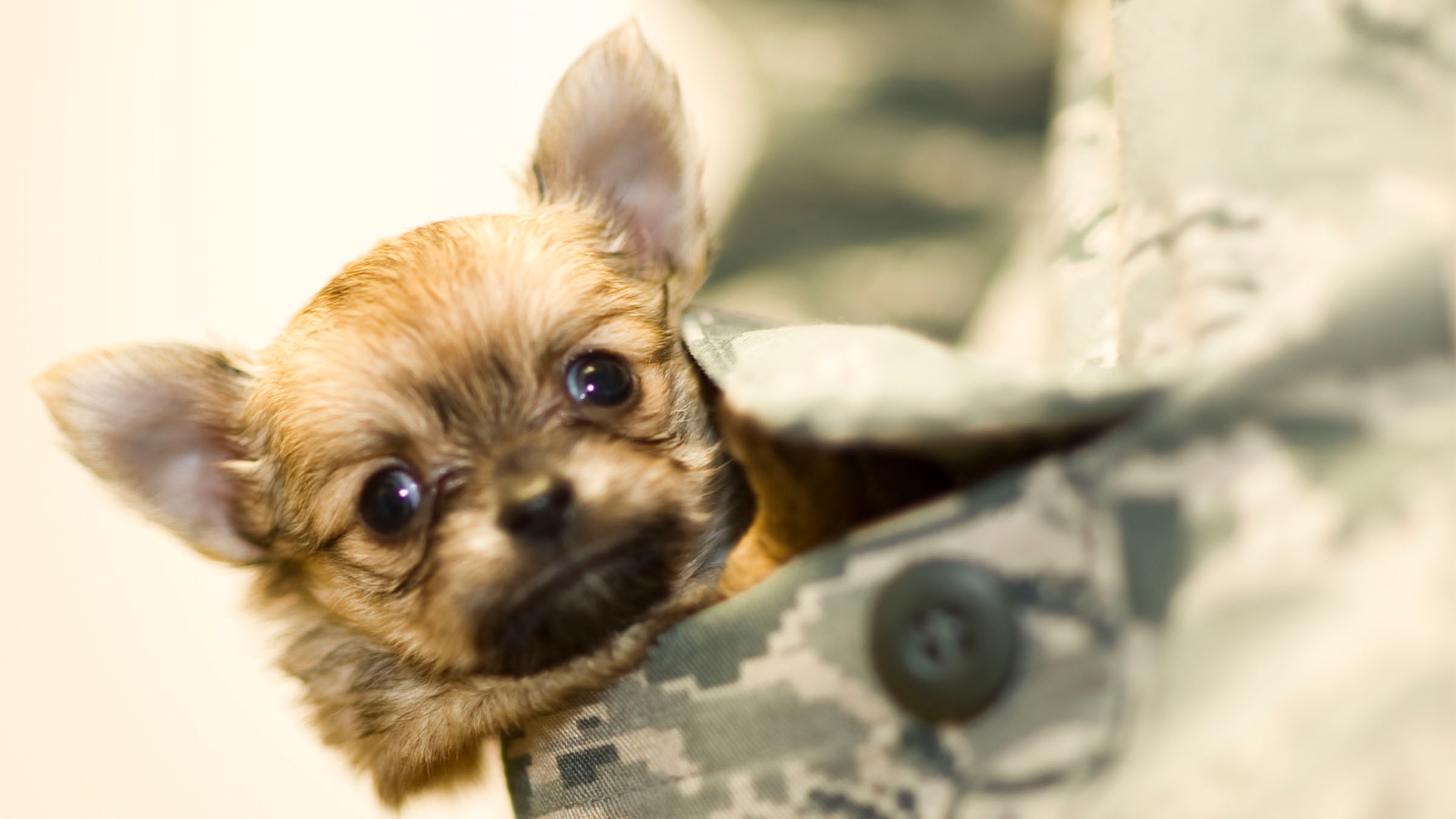

It doesn’t matter if you have a dog, a cat, or even a reptile, everyone loves their pets. And when U.S. military service members are stationed overseas, they want those pets safely transported, which seems to be a bit of a problem now for the Air Force. This summer, four pets have died in transit with the Air Force’s “Patriot Express” shipping service run by the service’s Air Mobility Command.
The service has shipped 46,000 pets since 2017, with 16 dying along the way. General Michael A. Minihan, the head of Air Mobility Command, has called the recent deaths “unacceptable.”
“AMC is reviewing every aspect of Patriot Express pet travel,” Minihan said in a statement posted on Twitter, adding, “We’ve made immediate improvements such as increasing pet owners’ access to pets during layovers, comfort breaks, allowing pets in climate-controlled terminals, and cooling cargo holds during loading and unloading.”
According to the Air Force, 14 of those pet casualties since 2017 were dogs from snub-nosed breeds. That includes Kolbie, a 10-year-old Pomeranian mix belonging to a Marine Corps family, who died during a July 1 Patriot Express flight in Japan.
“Because of their anatomical abnormalities, short-nosed breeds seem to be more vulnerable to changes in air quality and temperature in the cargo hold of a plane,” according to the American Veterinary Medical Association, “Although pets are transported in pressurized cargo holds and get much the same air that the passengers in the cabin do, the air circulation might not be ideal for your pet’s individual needs (and remember, your dog is in a crate that could also be affecting ventilation).”
On Facebook, Air Mobility Command said it is “working diligently to improve our current procedures and policies, to include ensuring service members are informed of the inherent risks associated with transport of certain breeds, and knowing their pet’s general health conditions at the time of transport.”
As Minihan said, “Pet health, age, breed and sedation appear to be contributing factors” in pet deaths during Air Force flights. “I intend to partner with the transportation enterprise, the community I serve, and my team to work through this responsibly to ensure happy arrivals at PCS destinations,” he added.
Matching Patriot Express pet shipping standards with commercial airline standards could create significant delays for certain kinds of animals, Minihan noted.
In the interim, the Air Force is allowing pets to chill out in temperature-controlled terminals when the temperature reaches 85 degrees Fahrenheit. They might need plenty of that when temperatures in some parts of the globe melt airport runways.
So, when it comes to shipping your cat or dog worldwide, the Air Force is sorry for any unforeseen deaths but trying to cut back on the casualties.
The latest on Task & Purpose
- Navy fires nuclear submarine captain after only 8 months on the job
- Which Marine Corps boot camp is tougher? This Marine experienced both
- Air Force relieves medical squadron commander after barely a year on the job
- Airmen acted on ‘gut feeling’ when they rescued 8 people from a circling bull shark
- The Army may ditch alcohol restrictions for soldiers in the barracks
Want to write for Task & Purpose? Click here. Or check out the latest stories on our homepage.
